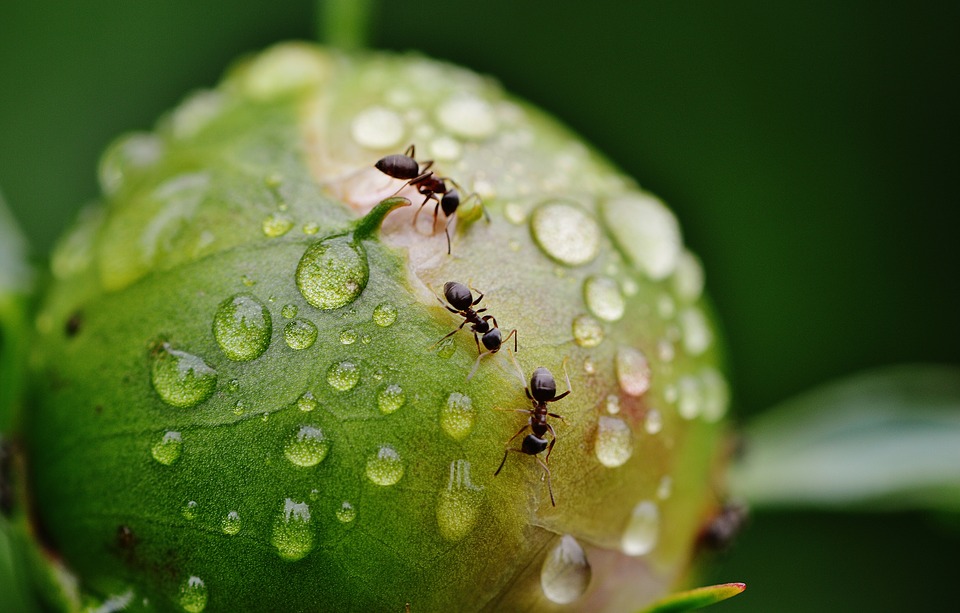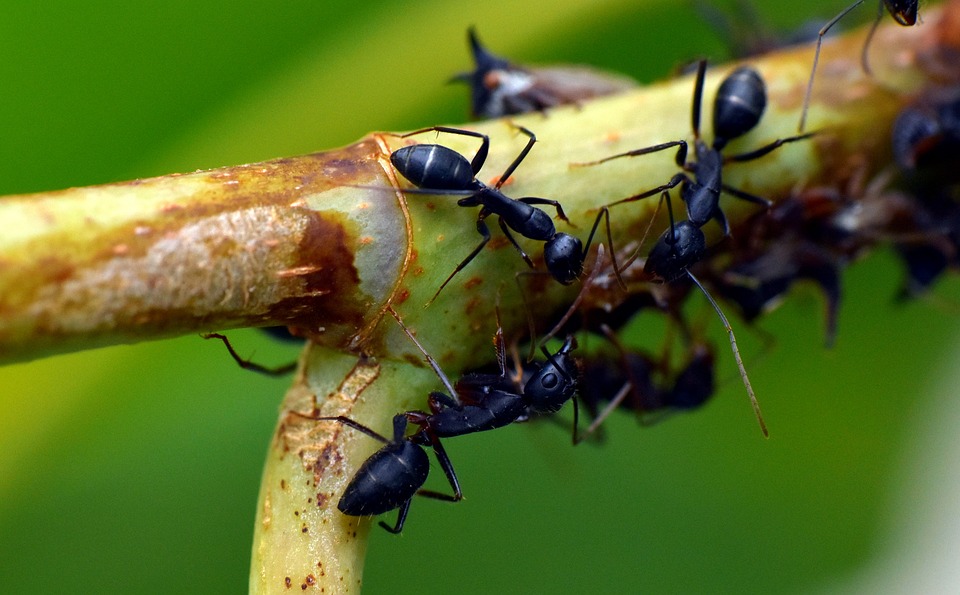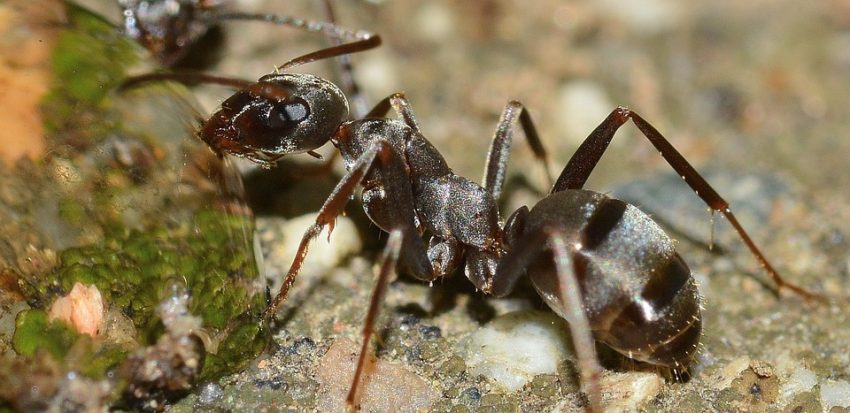It’s hardly a surprise that ants are among the most abundant insects on earth. There is approximately one quadrillion of them, with more than 10,000 species, and they outnumber humans by a factor of almost 1.5 million to 1! As much as we despise them, ants have an essential role in our ecosystem. Here are a few reasons why ants are crucial for the environment:
1. Ants Are Scavengers That Help to Keep the Environment Clean
Ants help to clean the ecosystem by acting as decomposers, feeding on insects or other dead animals and waste. They speed up the decomposition process of dead carcasses and organic debris, which would have otherwise taken much longer. Studies even show that no other animals can maintain the level of food removal that ants can. For instance, 61% of scavenging is done by invertebrates, including ants and only 25% is done by vertebrates. Without ants, dead organic substances would continuously build up and decompose at a slower pace, producing a poorer soil environment.

2. Ants Fertilize the Soil
In the process of carrying dead animals and plants matters to their nests, ants redistribute nutrients around the environment. The animal remains, and bits of plants they transport, fertilize the soil and are recycled through the ecosystem. Ants are also helpful in aerating the soil allowing water and oxygen to pass through. This is done by the tunnels they create, which helps in improving water filtration and enables air to circulate. Moreover, water filtration and air circulation are also beneficial for plants. When we’re strolling in the garden or lawn and stumble upon an anthill, our first thought is usually to wreck it. What most of us don’t know is that by creating anthills, these insects are in fact helping the environment. Some species like the harvester ant unwittingly spread seeds while carrying them down the tunnel to eat its elaiosomes, the fleshy structures attached to the seeds. In doing so, a few seeds sprout and grow, producing a new harvest of plants.

3. Ants Deter Garden Pests and Help in Pollination
Many ants are predators and feed on harmful pests that can ruin plants in the garden. The ants inspect plants and disturb pests by interrupting their feeding, moulting, egg-laying and cause them to fall off plants. The typical garden variety ant does not feed on plants or destroy them. Their primary source of food is the sugar found in nectar. Additionally, while gathering food, ants act as unintentional pollinators, marching from flower to flower and distributing seeds.
All in all, ants are not as harmful as we see them. Maybe the next time they join your picnic, you should simply shoo them away instead of spraying them with bugkiller. Share your thoughts in the comments section!

